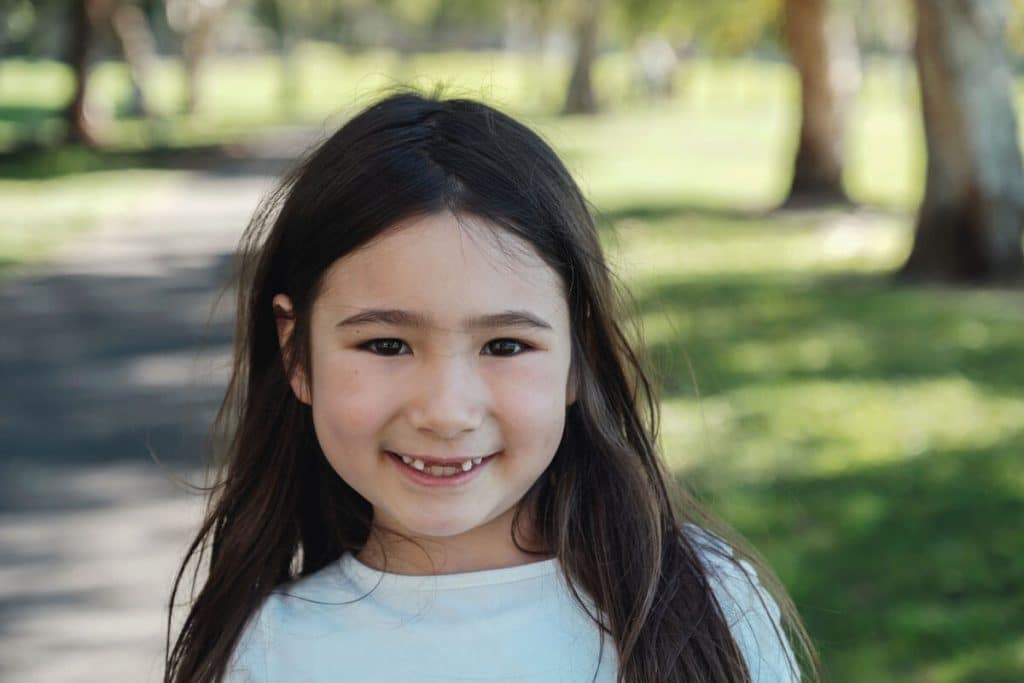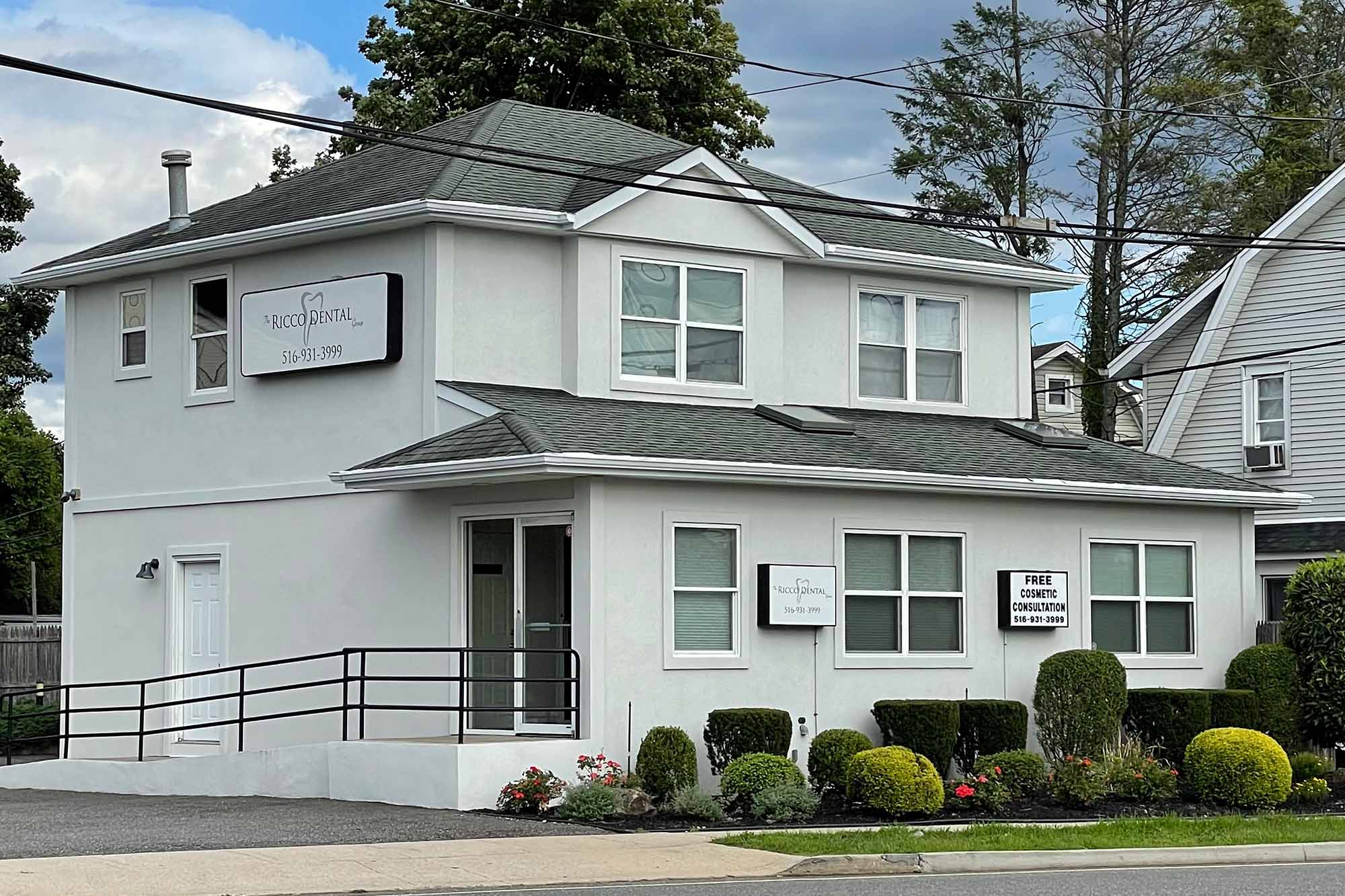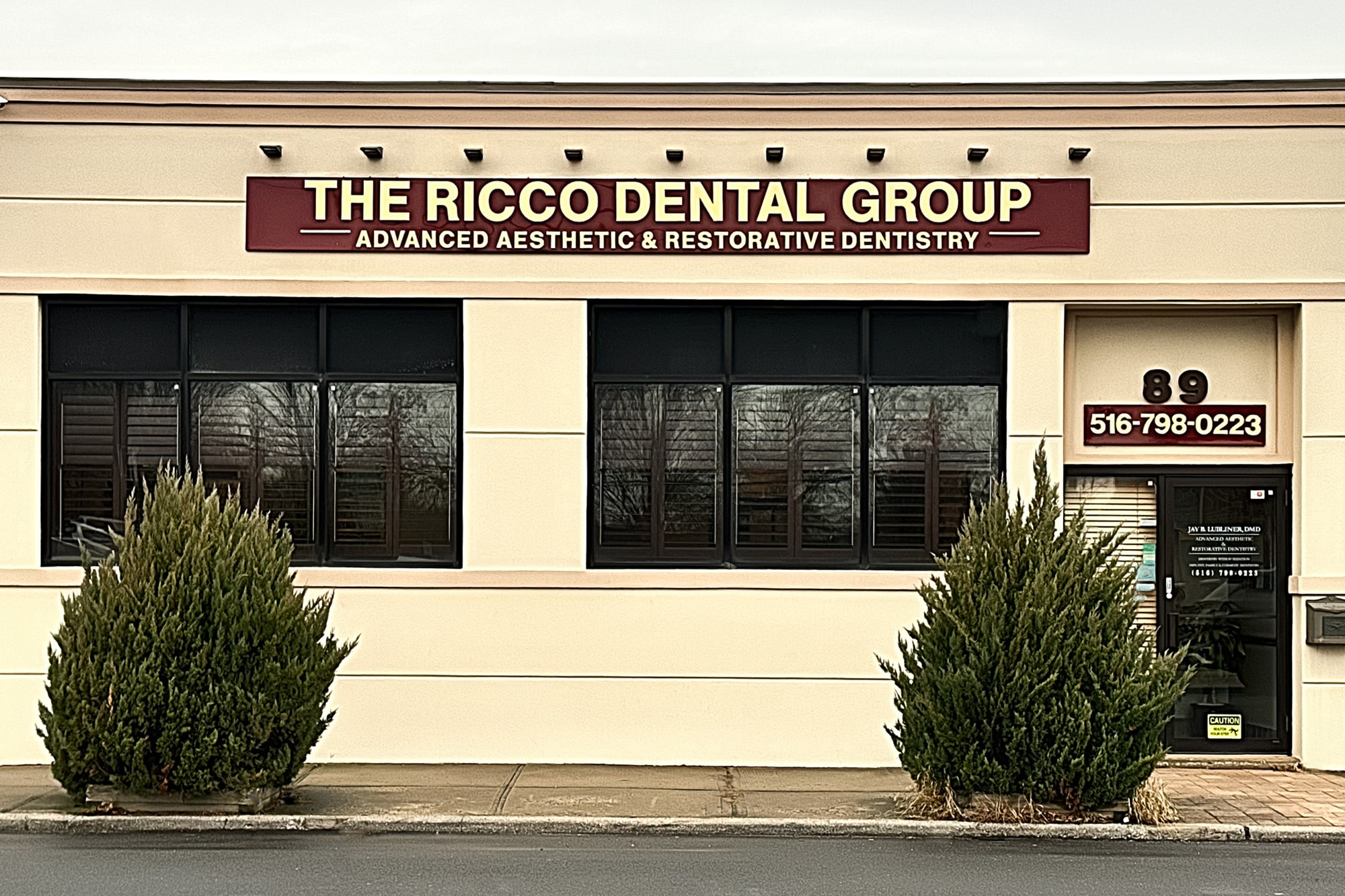Losing Baby Teeth: What to Expect

Baby teeth play an important role in your child’s oral health and development, but there comes a time when they no longer serve their purpose and they begin to fall out. For parents, this can be a bittersweet milestone, although kids are more likely to get excited about the prospect of a visit from the tooth fairy! Here’s everything you need to know about losing baby teeth.
When do baby teeth start to fall out?
Barring any accidents or sports injuries, baby teeth usually start to fall out around the age of 6, but it’s important to note that there are outliers—and outliers are normal too! Generally speaking, if your child was late to get their first teeth as a baby, they’ll probably also be late to start losing their teeth (and the reverse is true as well—early teethers are likely to be early losers). A rough timeline for losing baby teeth is as follows:
- Lower central incisors – 6 to 7 years old
- Upper central incisors – 6 to 7 years old
- Upper lateral incisors – 7 to 8 years old
- Lower lateral incisors – 7 to 8 years old
- Upper first molars – 9 to 11 years old
- Lower first molars – 9 to 11 years old
- Upper canines – 10 to 12 years old
- Lower canines – 9 to 12 years old
- Lower second molars – 10 to 12 years old
- Upper second molars – 10 to 12 years old
What happens if baby teeth fall out earlier?
If a baby tooth naturally falls out earlier than listed in the timeline above, it’s probably not an issue. On the other hand, if a baby tooth falls out due to dental trauma, it could cause a problem. That’s because baby teeth hold space in the jaw for the adult teeth to erupt. If a baby tooth falls out too soon, neighboring teeth can begin to drift into the open space and interfere with the eruption of the adult tooth. A pediatric dentist can use a space maintainer to prevent this from happening.
What should I do when my child loses a baby tooth?
To clean the area, have your child rinse with a saltwater solution. If the gum tissue is bleeding, you can use a sterile piece of gauze to place gentle pressure on the socket. Once the bleeding stops, a cold, wet washcloth can be used to alleviate any swelling or discomfort.
How many baby teeth fall out?
All of them! There are no baby teeth that are meant to be permanent. If a baby tooth doesn’t fall out once a child reaches their early teens, it may be a sign of a dental or orthodontic issue.
Should I pull out my child’s loose tooth?
We don’t recommend it. It’s perfectly fine to let your child wiggle the tooth on their own, but pulling a tooth out can cause pain and bleeding. You might have fond memories of a parent or relative pulling out one of your teeth as a child, but it can be traumatic if it goes wrong!
Is it normal for adult teeth to grow behind baby teeth?
It’s normal in that it’s something that happens and it’s not uncommon, but it can be problematic if the baby teeth never fall out. Most of the time, the issue resolves on its own, but occasionally a baby tooth may need to be extracted.
Schedule an Appointment for Your Child
Dr. Ricco offers family dentistry for patients of all ages, including children. If you have questions about your child’s teeth, contact us today at 516-931-3999 to schedule an appointment.




